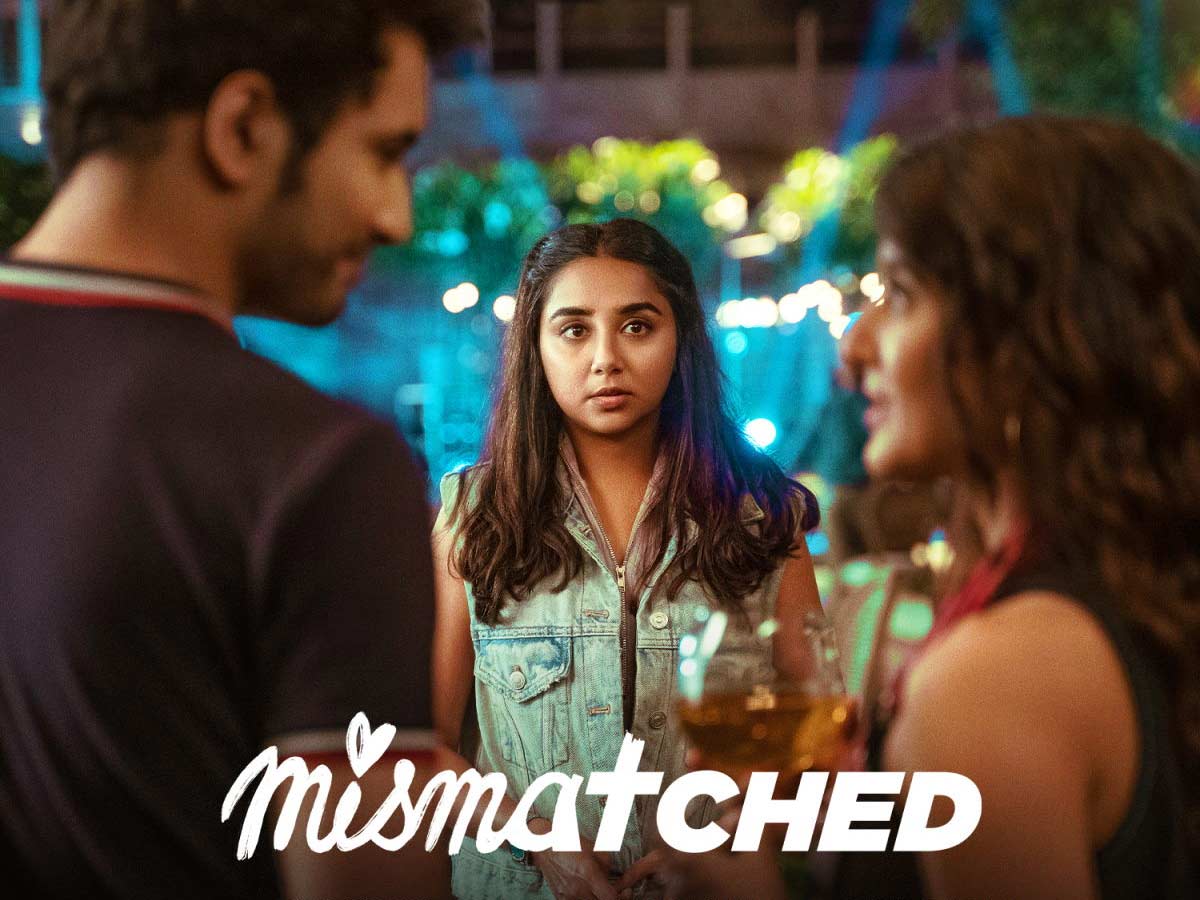The second season of Mismatched, the Netflix young adult romance series based on Sandhya Menon’s book When Dimple Met Rishi, feels more like a statement than a show. That is, characters in the show aren’t allowed to exist unless they prove a point — mental health is important, body image issues are real, queer romance deserves to be highlighted, social media is a lie, NRI fuckboys fall in love too, losing your virginity isn’t a big deal, everyone deserves a second chance at love, and so on.
Because the proceedings are so fabricated, the storytelling comes last, which means that the new season unfolds with little sense of depth or character development that isn’t pure melodrama. It’s an odd dichotomy: a season that looks to highlight supposedly progressive concepts while being constrained by its creators’ conservative view of storytelling. Mismatched S2 continues to be a missed opportunity in terms of how compellingly it converts its concepts from the page to the screen. It’s forgettable, poorly played, devoid of chemistry, and staged in such an uncomfortable manner that it’s constantly aggravating.
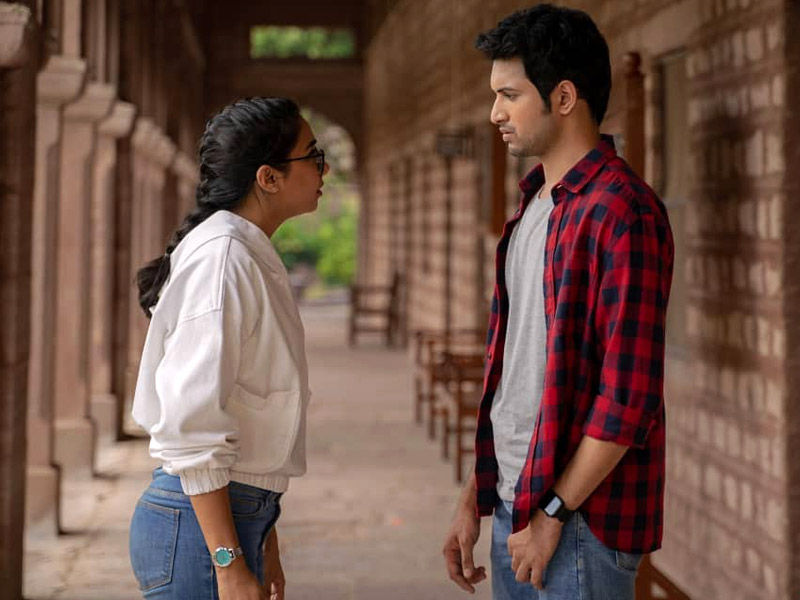
The second season, which will consist of eight episodes, takes up on the first season’s cliffhanger finale, which hinted at an upcoming love triangle. Dimple (Prajakta Koli), the nerdy damsel-in-distress, and Rishi (Rohit Saraf), the naive believer in one true love, have a strained relationship, which is exacerbated by Dimple kissing her classmate Harsh (Vihaan Samat) in a moment of weakness.
It provides an excuse for the authors (the current season is written by Gazal Dhaliwal, Aarsh Vora, Akshay Jhunjhunwala, and Nandini Gupta) to keep prolonging the “Will they? Will they or won’t they?” rom-com pattern to maintain suspense and elicit any romance. It achieves none of these goals.
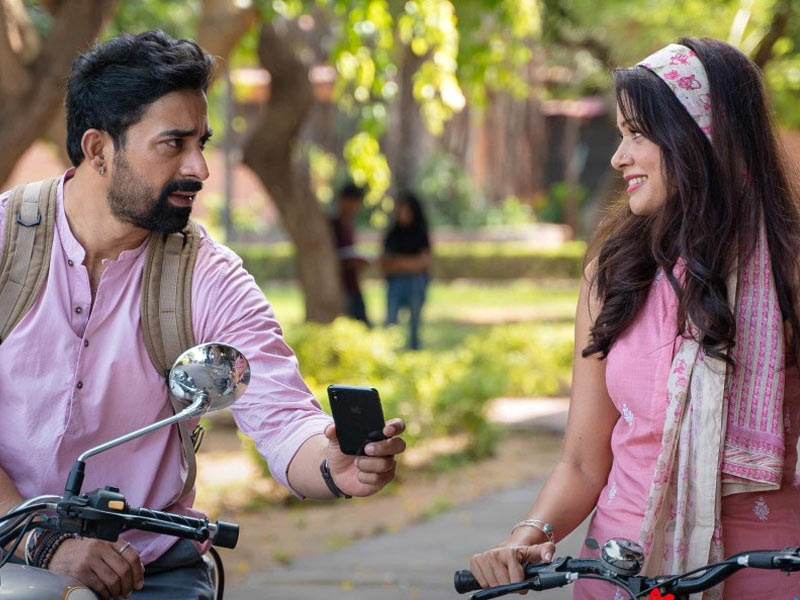
The difficulty is that the events are so unimaginatively planned that they undermine the intrigue of wondering whether two characters will end up together — or even desire it. Before Harsh falls in love with Dimple, their friendship transforms into a good-natured situation. Then, just when it’s convenient for the program, Dimple and Rishi reunite only to argue and then reconcile.
The show’s aversion to daring storytelling is obvious in how it handles its characters, which is to say that the authors love their characters too much to do them properly.
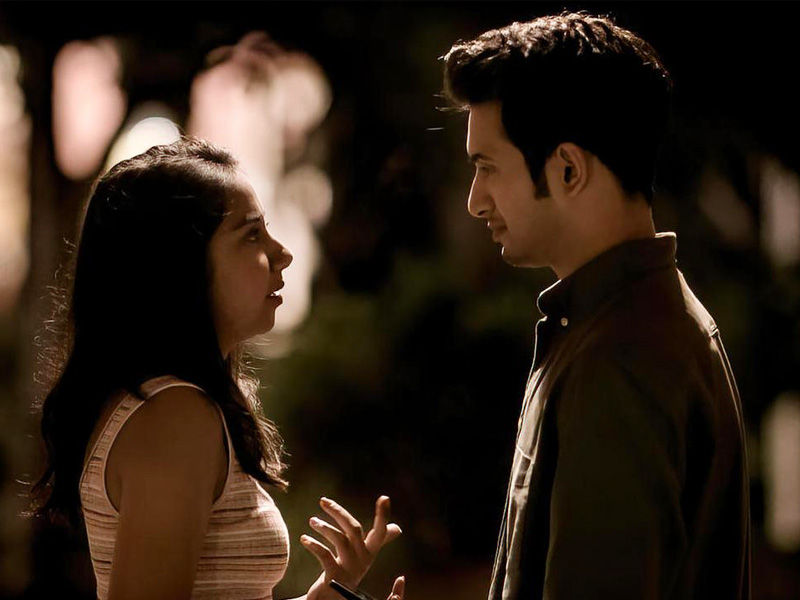
Much of it derives from the show’s reluctance to tackle its characters’ darker, selfish inclinations without sugarcoating them. In this world, no matter what faults they commit, every character is rewarded with a redemptive arc. So, in the same way, that a best friend’s betrayal is highlighted with a sweet background about survival, a slim Instagram influencer goes from bully to the victim in a matter of minutes.
In the world of Mismatched, forgiveness and romantic desire are never far away (there are at least three instances this season when a character just happens to find someone interested in them). Mismatched, on the other hand, neglect to develop its characters by over-explaining their motivations at every chance.
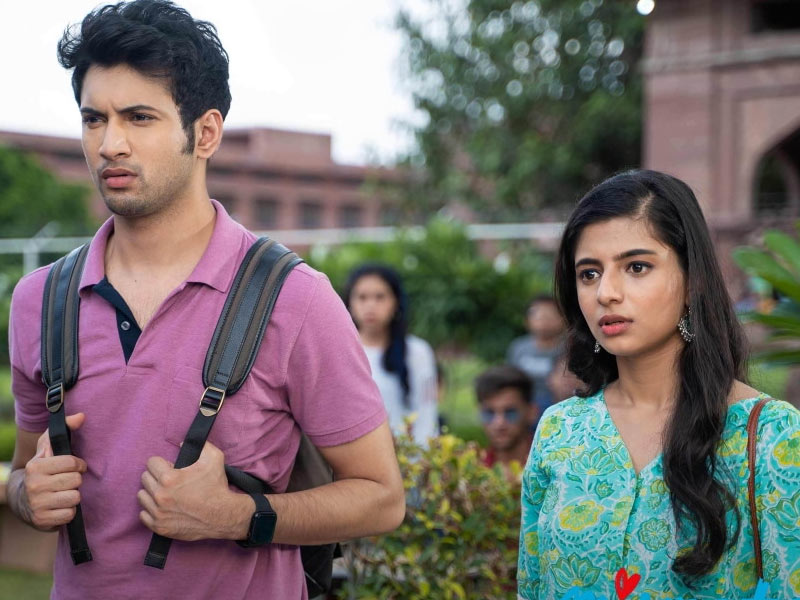
Consider the storytelling method to which the new season subscribes, in which each episode is linked together by the voiceover of a show character. So, for the most part, the season focuses on characters telling us everything on their minds (“I simply want to scroll aimlessly till I dull the anguish in my heart”), with little attempt made by the authors to narratively communicate the odds that are at stake. The speech, in particular, is so mundane and arrogant that it works against the characters themselves.
The hazards of older individuals speaking on behalf of a youthful populace are never more clear than in the show’s second season. To say that none of the creators, including director Akarsh Khurrana, understand young people would be a mild understatement, simply because the program is so committed to making them all into caricatures.
The second season’s tone and thematic preoccupations attempt to impose a Sex education meet Euphoria style without truly committing to any leaps of faith. For example, the slender influencer who is paralyzed by body image concerns is cheated on by her lusty partner, who seeks sex elsewhere.
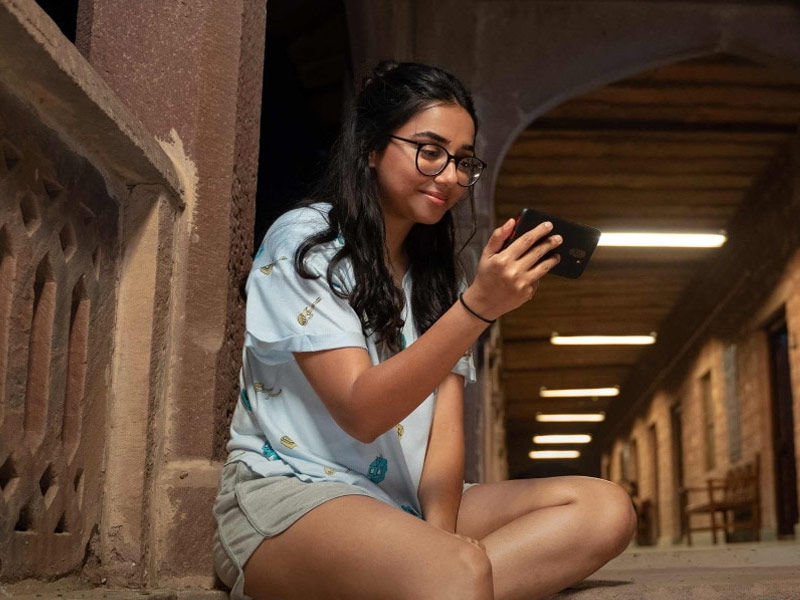
Except that the subplot unfolds in such a conservative manner that it immediately villainizes her partner without delving into the relationship between masculinity and losing your virginity or even pretending to be interested in letting us understand how young people genuinely view love and sex.
The show’s lack of humor or intellect in depicting the complexities of young adults’ love or sex life is particularly obvious in its simplistic depiction of a homosexual romance. The second season stars Priya Banerjee as Ayesha Duggirala, a beautiful, openly lesbian lady who starts on a romance with Namrata, the reserved girl on campus who was outed in the previous season.
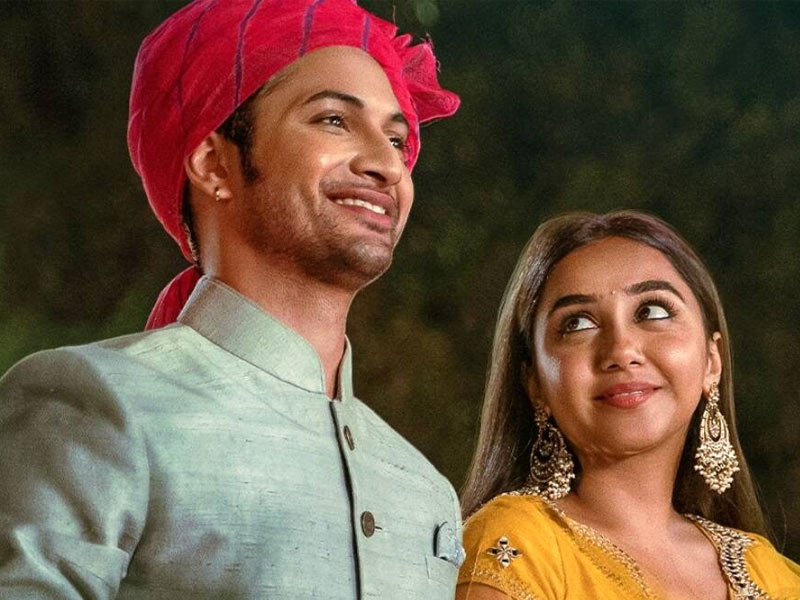
Ayesha Banerjee, a company entrepreneur, comes on campus to coach students on the applications they’re developing. As is customary for the second season, hardly a single minute is spent demonstrating her professional brilliance; instead, the program just informs us that she is one and wants us to believe it.
Even if you disregard the possibility of grooming that such an uneven power imbalance may create in this love pairing, it’s difficult to overlook how the filmmakers convert Banerjee’s character into a cliche. Her lectures (including a music video) on same-sex love, bigotry, and autonomy are so blatantly written that her presence in the performance feels like a disclaimer.
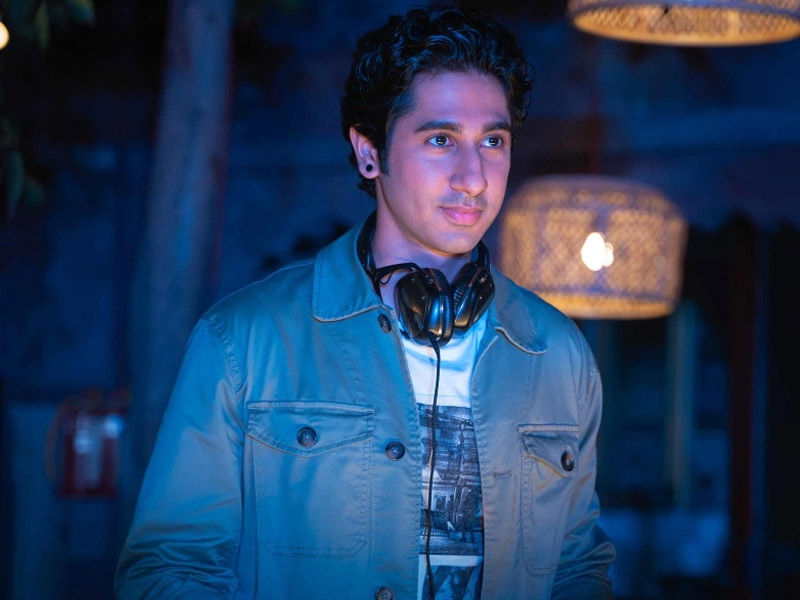
If it isn’t terrible enough that the program strips her of all personality (this is a show where individuals are either geeky or gorgeous — Ayesha is naturally both) under the excuse of writing a “plucky lady,” the second season of Mismatched also demonstrates how commonly female ambition appears offscreen. Not only does the show fail to expand on a lackluster but potential first season, but it also fails to do right to its own universe (for example, it’s impossible for two gay women to openly kiss in front of Rajasthani folk dancers and escape undamaged).
The second season is constrained not just by directing inefficiency and sloppy execution, but it also appears to have no plot at times. When Saraf and Koli have little chemistry, it’s difficult to stay immersed in Dimple and Rishi’s love story, which is already rife with plot twists (the writers even go so far as to claim that the two are star-crossed lovers).
One of the most memorable aspects of the first season was the ease with which both performers fell in love with each other. In the second season, Saraf and Koli appear to have lost sight of their own personas and spend much of the season with sad expressions. Their performances are not just erratic but also strained. Saraf, in particular, is uninterested in his role.
Samat and Koli, on the other hand, manage to create genuine chemistry that keeps things going for a while, albeit the impact is dampened by Samat’s sharp expressionless emoting.
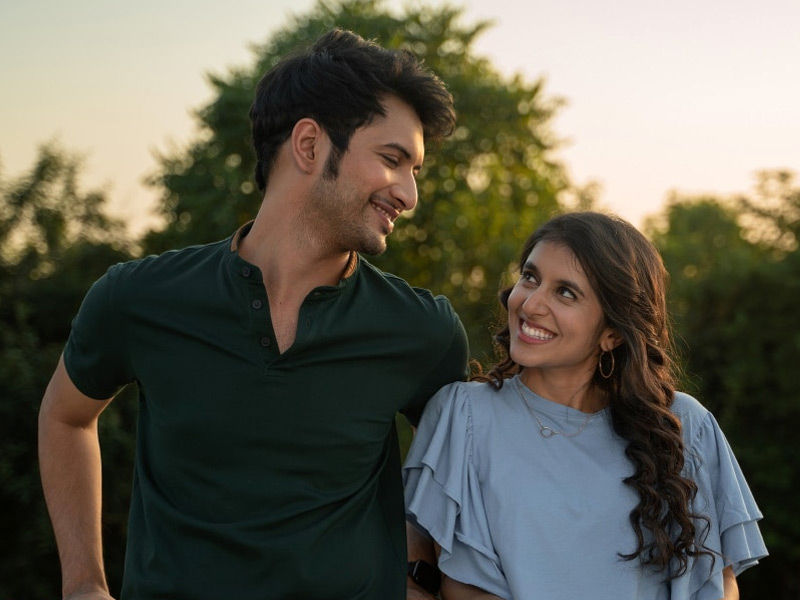
This season’s acting is shockingly over-the-top: Muskkan Jafferi’s role as Celina is absolutely unpleasant, and even Kritika Bhardwaj’s effervescent screen presence can’t save the show’s rudimentary knowledge of the internet or Gen-Z influencers. Taaruk Raina’s performance as the disabled Anmol is both flamboyant and quiet, and it’s good to see one of the show’s characters have a narrative that makes sense.
Also read: Holy Family: Netflix’s another splendid thriller
In the end, the second season of Mismatched was revealing in ways I didn’t expect — for example, it demonstrates how awful Indian designers can be, even when they have every resource at their disposal. Mismatched’s eight episodes are committed to forcing an aesthetic rather than a compelling tale. It makes no difference if the conventions of storytelling or the media of transmission change; Indian storytellers remain plainly imprisoned in their own indoctrination.
You’d think that without the false expectations imposed on the genre by Bollywood, creating an easy-breezy romantic campus drama would be easier.
But then there’s Mismatched, which continues to present the rom-com genre through a simplistic lens, supporting antiquated concepts while giving the impression of challenging them. I can only hope that the show’s third season isn’t simply greenlit on the presumption of the show’s potential and truly demands that from its creators.





















